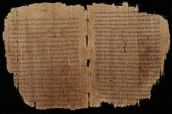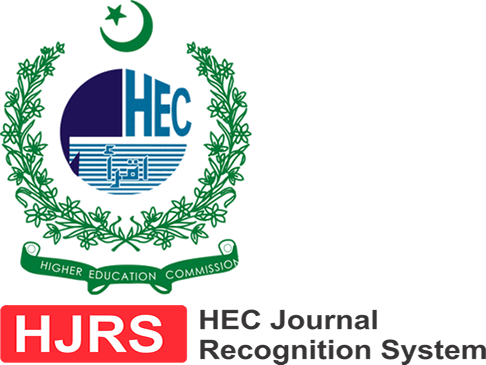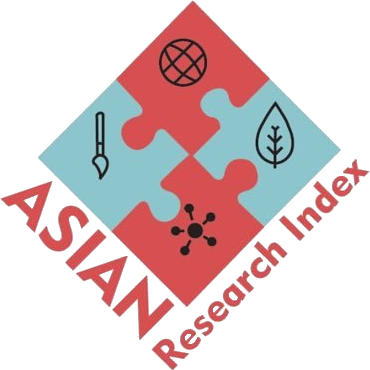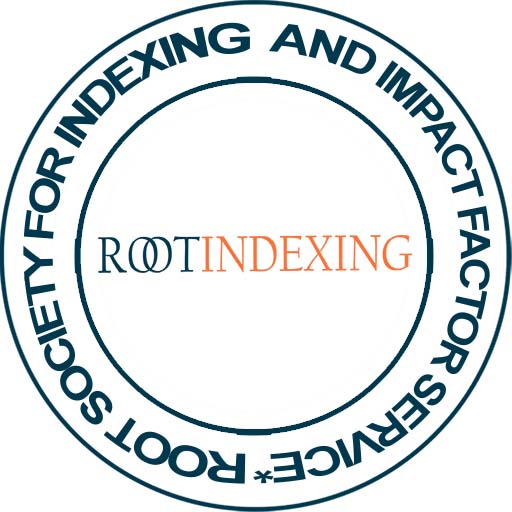AUTHENTICITY OF SAINT PAUL'S LETTERS IN NEW TESTAMENT
DOI:
https://doi.org/10.5281/zenodo.7046029Abstract
A Jew named Paul appeared in the religion of Christianity and claimed to be an apostle of Jesus, after having been ascended of Prophet Jesus Christ. His claim turned into rejection through true companions of Prophet Jesus, however one of them namely Barnabas had testified Paul, so he turned into additionally visible as a disciple of Prophet Jesus Christ. Having entered Jesus’ followers, St. Paul started to preach their thoughts affirming them as Jesus’ teachings. Paul presented a new salvation concept through Jesus’ crucifixion which was different from conventional Judaism. Moreover, he abolished all teachings of Torah and announced keeping faith on Jesus’ atonement sufficient for salvation. Furthermore, he declared that Jesus is begotten son of God and Jesus is not a prophet or man. His perspectives about Jesus, Torah and other Jewish rituals were considered as blasphemy against Jewish faith so the companion of Jesus firmly opposed him, however Paul’s impact on Christian society constantly spread. Gathering many people, he remoted his cult from Jewish-Christianity and established a new version of Christianity which turned into absolutely in opposition to Jesus’ teachings. St. Paul has expressed his thoughts and ideas in his fourteen letters. What is the authenticity of these fourteen letters? In this article, we will discuss in detail that what are the authenticity of these letters.

Downloads
Published
How to Cite
License
Copyright (c) 2022 Abu Dujanah , Muhammad Farman

This work is licensed under a Creative Commons Attribution 4.0 International License.
AL-MISBAH Research Journal is full open access and licensed under Creative Commons Attribution 4.0 International License; and Published by: Research Institute of Culture & Ideology (REINCI), Islamabad, Pakistan. This allows the research community and the general public to gain unlimited, free and immediate access to scholarly articles, and to reuse the content freely provided that proper attribution is given to the original authors.









